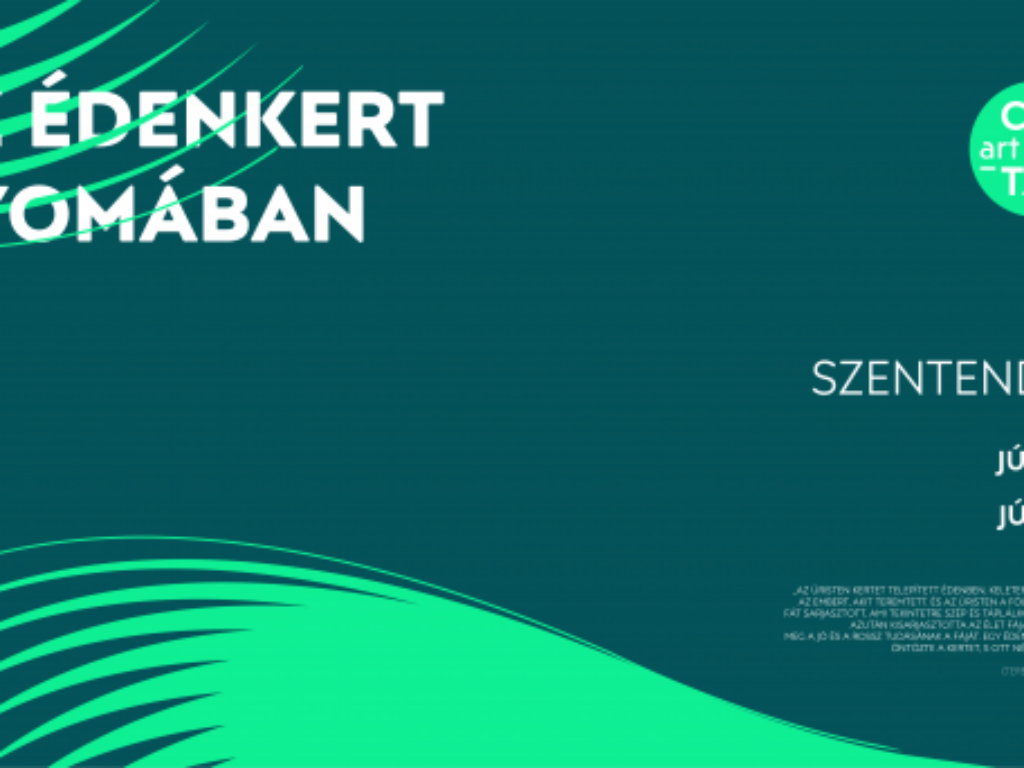Art Capital
In Pursuit of Eden
Rita Ackermann | AES+F | Monika Baer | Žarko Bašeski | Berszán Zsolt | Birkás Ákos | Tim Eitel | Elena Kovylina | Erik van Lieshout | Joana Malinovska | Angelika Markul | Mohau Modisakeng | Nádas Péter | Yoko Ono | Daniel Richter | Kamen Stoyanov | Szűcs Attila | Vincze Ottó and more
(Genesis 2:8-10)
The garden (in Greek: paradeisos) traditionally symbolizes Paradise. According to the Bible, when, in punishment of the original sin committed by the first man and woman, they were banished from the Garden of Eden, the harmony of creation had fallen out of balance: the lost Paradise only survives as an eternal object of human desire. In creating gardens, humanity attempts,over and over,to reestablish harmony between nature and society. Gardens are simultaneously natural and artificial – they are an artificially created form of nature.
A garden will say a lot about how its designers and upkeepers relate to the universe, as attested to by the microcosms of Chines and Japanese gardens, the Arab gardens divided into eight parts in accordance with the sectioning of the Koran, the French gardens formed on the dictates of optical principles, and bythose English gardens with their irregularly shaped labyrinths connected to enormous green lawns.
Our gardens are safe havens we can retreat to, if we seek respite from our rushing world. It is also a place for love, sensuality and beauty. It is a site of meaningful work, as planting seeds and tending to their growth always yields tangible results. Since the ancient cultures of the East, each great historical age had its characteristic garden. Modernity, it appears, is the first era that is without its own distinctive garden-type.
The central focus of this year’s Art Capital is the way modern humanity relates to nature and longs for Paradise Lost: the idea of the garden. Flowing river and fertile water – defining elements of the Biblical Garden of Eden – are important points of reference for the majority of exhibited works. The nature that we integrate into our living space by the committed and persevering cultivation of the land is also a symbol of self-created freedom. In this context, the projects are connected to the legacy of the Szentendre Plein Air Exhibition, which was initiated half a century ago, and which was founded on the idea of artistic autonomy in defiance of the powers that be.
Thematic exhibitions, film screenings, literary evenings, special theatre performances and concerts await visitors in Szentendre, at the largest visual arts festival of the region, which extends over geographical borders. The art gardens and temporary exhibitions can be visited even after the conclusion of the programs – until autumn.



